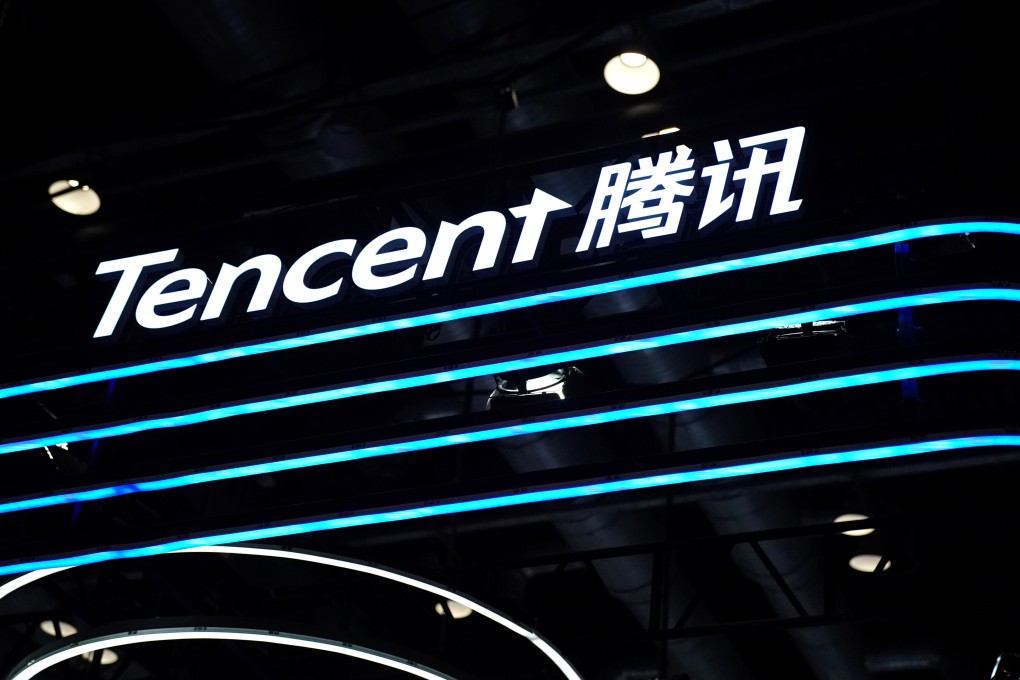Tencent’s cloud tech helps blockchain firm manage digital records to get people travelling again amid Covid-19
- Blockchain company ShareRing will use Tencent cloud services such as OCR and facial recognition to help travellers in Asia using digital identification
- Southeast Asia has been especially hard hit during the Covid-19 pandemic as many borders remain closed in countries heavily reliant on tourism

Tencent Holdings is teaming up with blockchain firm ShareRing to aid a beleaguered travel industry with a new digital document and identity management solution, the companies announced on Tuesday. They plan to first launch the new project in Southeast Asia, a region hit especially hard by travel restrictions during the Covid-19 pandemic.
The plan is to combine ShareRing’s distributed ledger technology with Tencent Cloud’s optical character recognition (OCR), which converts characters into text, helping improve the efficiency and accuracy of data entry. Facial recognition will also be used to enhance identity verification and data management.
The venture is meant to improve ShareRing’s existing technology, a blockchain-based self-sovereign identity app that shields user data from third parties, including ShareRing and Tencent. The app can be used for a variety purposes, including hotel reservations, car rentals, flights, tour packages and insurance policies.
Tencent and ShareRing said in a joint statement that they hope to help Southeast Asian countries “reopen their borders to tourism and recover from the economic blow”. The region is home to some of the most tourism-reliant countries in the world. National borders in the region largely remain closed even though many countries now have the pandemic under control.
To help with this, ShareRing and Tencent said they are also working on an anonymous contact-tracing passport that can be integrated with e-visas on arrival systems, travel insurance companies, airlines, hotels and retail shops.